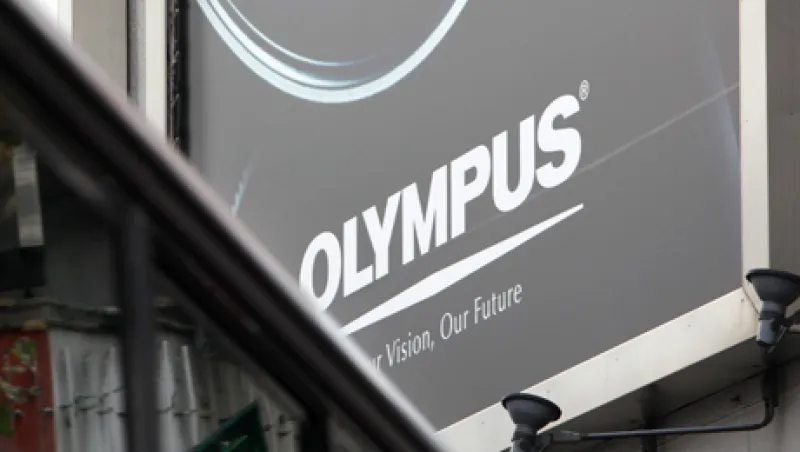
A Scandal Like Olympus Can Happen in the U.S.
The unfolding scandal at Olympus is not just a problem for Japan; it has relevance for corporate governance in the U.S. and worldwide.
Michael W Stocker and Bruce Aronson
December 17, 2011


